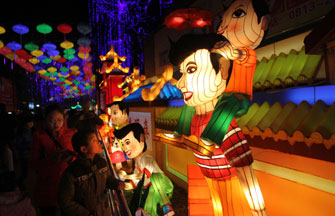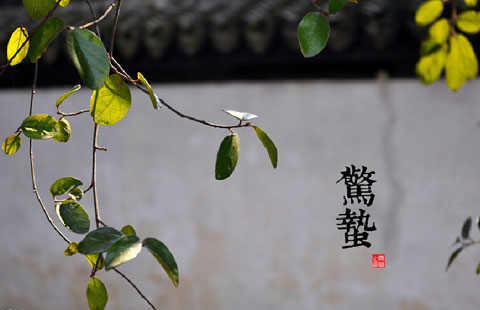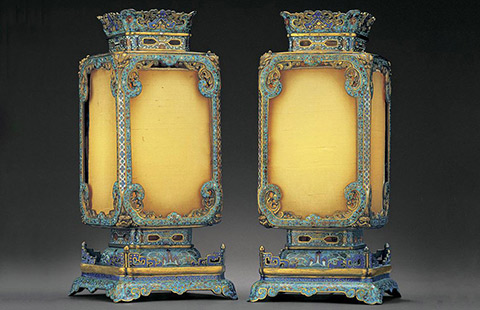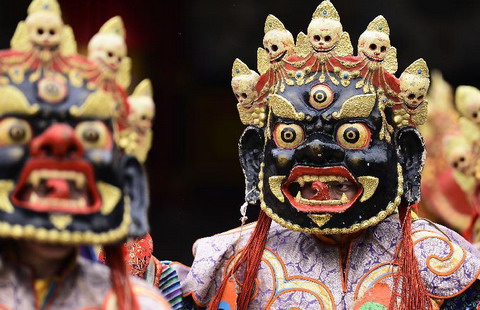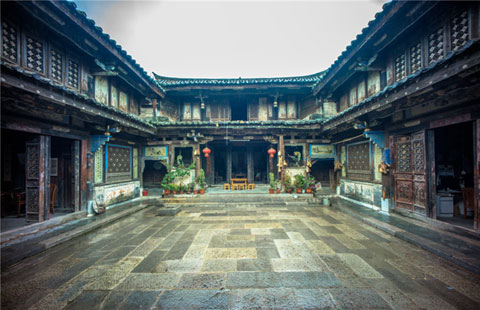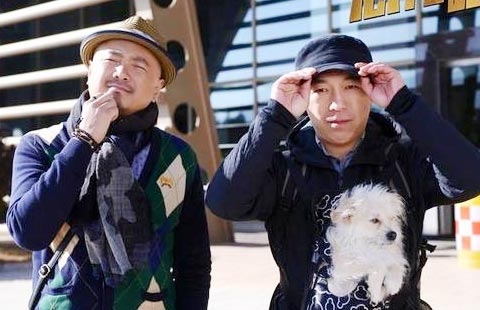Lu Yao's Ordinary World now on air as TV series
By Xu Fan ( China Daily ) Updated: 2015-03-12 07:52:42The TV series, however, still proves that Lu remains one of China's favorite storytellers. A recent survey shows the book as the "third-most borrowed book from college libraries", media report. As many as 31,000 short reviews connected to the novel are posted on Baidu Tieba, a popular Chinese online forum.
"I always ask a question before starting a new script. 'Will the drama give something valuable to my kids?' Ordinary World is definitely such a classic work. If I didn't take the job, I would be a fool," says Wen Haojie, the TV series' scriptwriter.
Wen has previously written scripts for All Men are Brothers, a hit TV series adapted from the ancient Chinese classic Outlaws of the Marsh.
Wen says that some TV professionals had warned him not to take up the project as the book's subject was "too difficult to win audience ratings" today.
Poor reviews and ratings followed the 1989 broadcast of a 14-episode TV adaptation of Ordinary World.
In China, as most well-received TV shows these days revolve around themes such as urban romance and war, investors are slow to put in their money on productions that depict farmers and factory workers.
"I wouldn't fail Lu's painstaking work. For millions of Chinese who grew up during the tough times, it's (novel) an ensemble of memories," the TV series' director Mao Weining says.
"The fate of a classical work should be remembered and talked about for generations."
Mistaken as a native farmer by the locals of Shaanxi, where most of the new series was shot, Wang Lei, the lead actor, who usually plays savvy urban roles on TV, says as the shooting neared its end, Sun Shao'an, his character from the Ordinary World series "grew up from an infant to an adult in my heart".
"The era was tough and poverty-stricken, but the people never stopped pursuing their dreams," the 33-year-old actor says of the setting in Lu's novel.
|
|
|
|
|
|
|
|
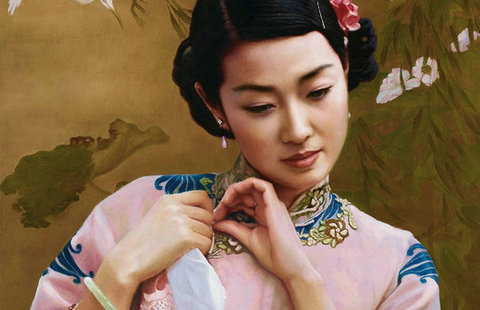
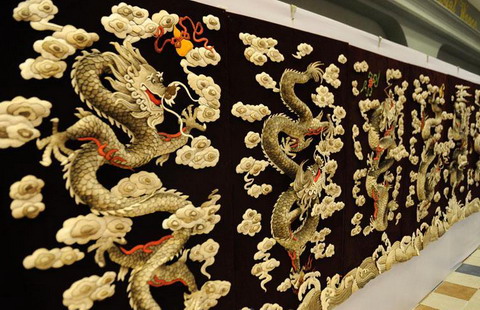
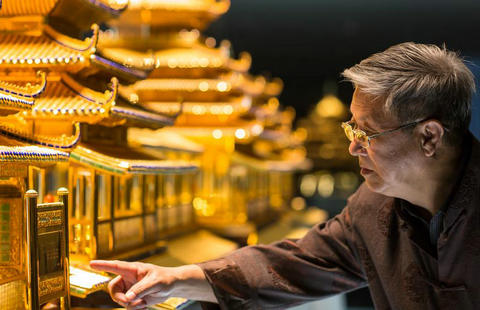
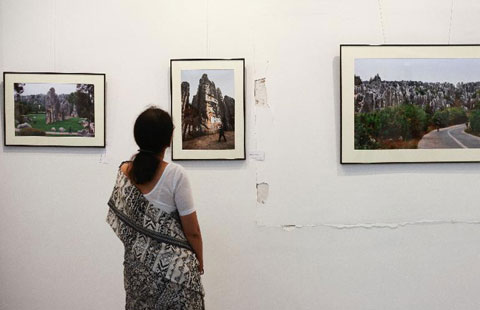
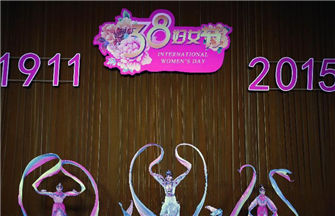
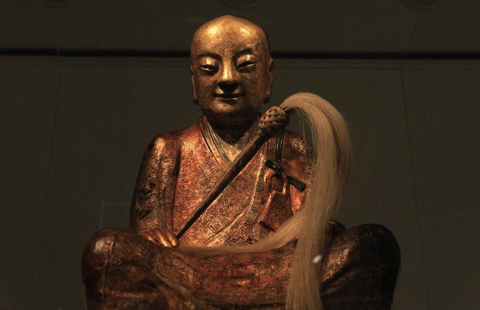
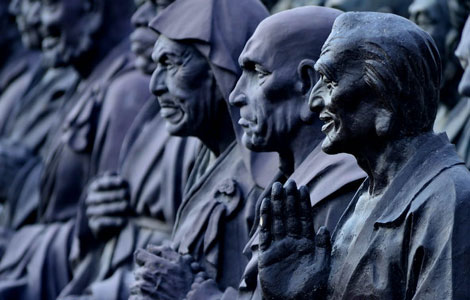
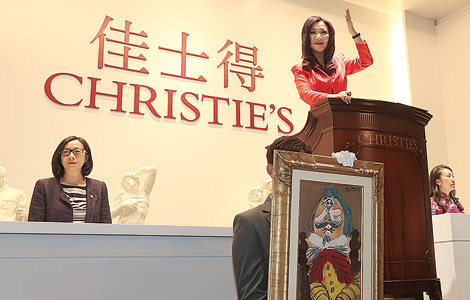
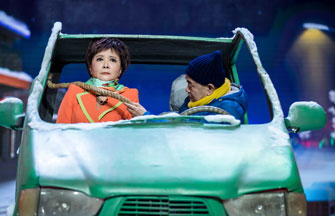






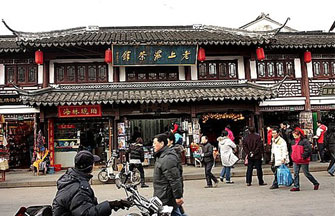



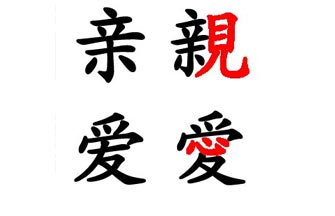
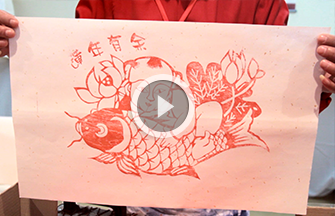
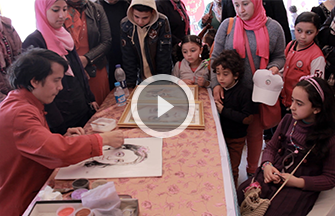
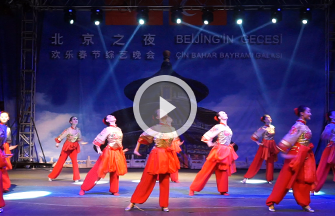
 Raymond Zhou:
Raymond Zhou: Pauline D Loh:
Pauline D Loh: Hot Pot
Hot Pot Eco China
Eco China China Dream
China Dream China Face
China Face
